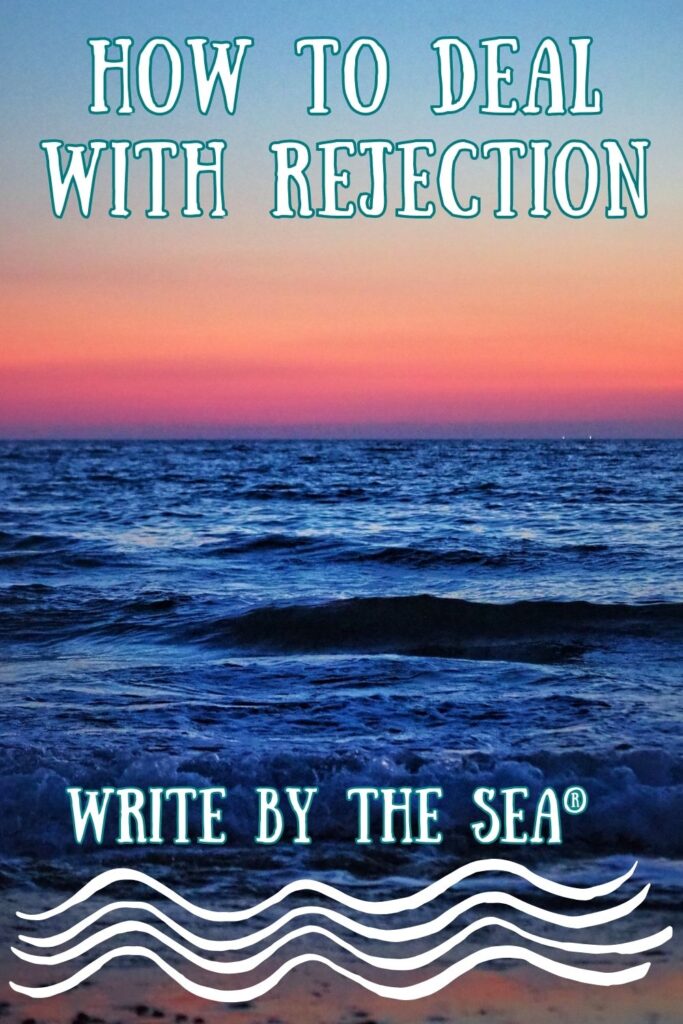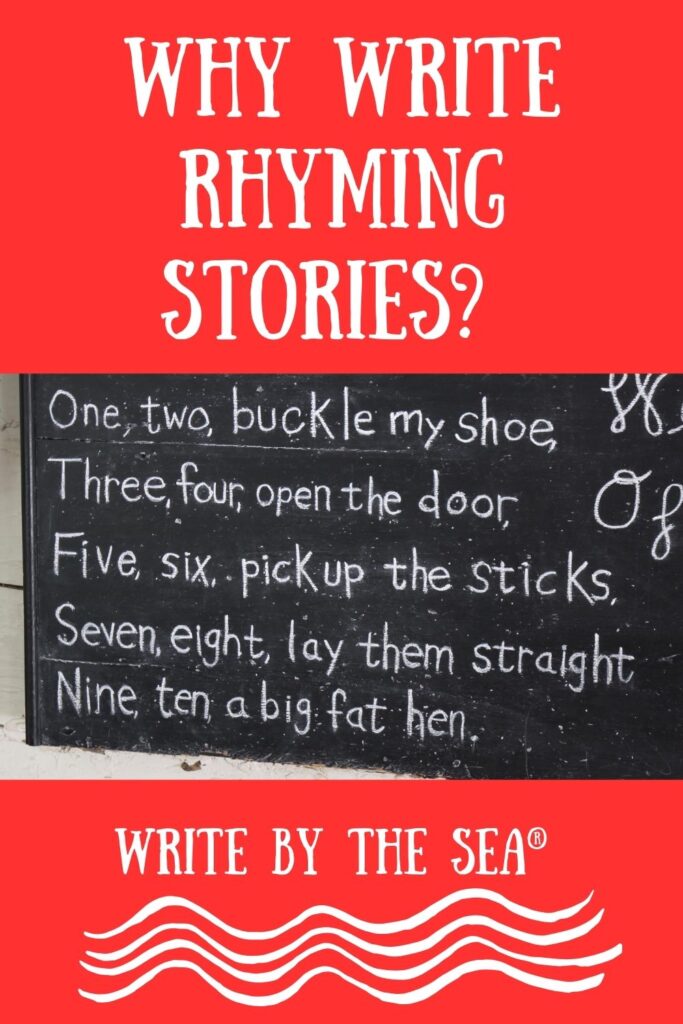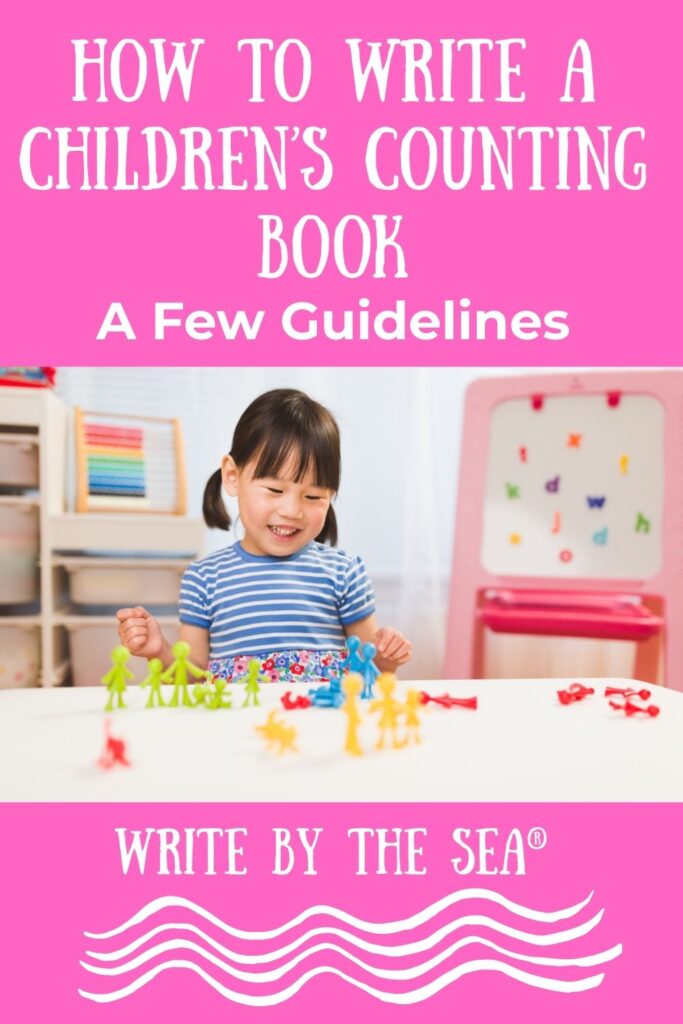Many people hire a freelance editor to help with revising and polishing their manuscripts, especially if they are just starting out as a writer or are encountering difficulties with selling a particular manuscript.
Some folks who are in local or online critique groups get this type of feedback from their critique partners, but some writers, and some manuscripts, need a bit more one-on-one input and advice.
Hiring a good freelance editor can be an excellent investment, but keep in mind that it’s important to be careful about who you hire.
Unlike certain professionals such as doctors, attorneys, financial planners, and licensed plumbers, editors/writers do not need to have any sort of certification or license.
They don’t even need writing or editing experience.
The quality of these individuals thus runs the gamut from excellent to awful.
Many would-be freelance editors advertise in writer’s magazines such as Writers Digest and in numerous online forums, but unfortunately, many are inexperienced, incompetent, or, even worse, scammers who steal your money and disappear.
So do your homework before hiring anyone for this purpose.
Here are some questions to ask yourself and/or the freelancer editor before making a hiring decision.
Keep in mind that, like the range of experience and quality, the range of services and prices vary widely among individuals.
1. What are your own needs and expectations?
Do you want someone to perform editing services like making a manuscript salable by correcting grammatical, spelling, and other technical errors?
Or do you want to work with someone who will rewrite much of the manuscript for you to make it salable?
Or, would you like your editor to be more of a coach and teacher who interacts with you every step of the way so you can learn to self-edit, rather than relying on someone else all the time?
This later process is akin to the age-old saying, “Give a man a fish and you feed him for a day. Teach a man to fish and you feed him for a lifetime.”
Ideally, the goal of this type of editor is to help writers develop editing skills so they understand the how and why of shaping and re-shaping their manuscripts.
These skills not only allow writers to fix whatever can be made better during the process of improving numerous drafts, but also helps him or her do a better job of writing a first draft.
This is because it teaches the individual what not to do, along with what to do.
And all successful writers must develop good self-editing skills at some point.
Let’s face it, hiring a good freelance editor for every project would get very expensive, as in thousands and thousands of dollars.
Plus, one thing that is essential for any writer is developing his or her own “voice.”
This means telling stories the way that no one else can tell them.
Although an editor can correct a writer’s mistakes, ultimately it is the writer who must find and hone his or her personal voice or trademark.
So one thing an editor might do is to offer two or three suggestions about how a particular paragraph could be improved, and the client can either choose one option that best matches his or her writing style, OR the client can come up with his or her own alternative using these suggestions to guide this process.
2. What is the editor’s communication style?
It’s important to ensure that the freelance editor’s preferred method of communication is compatible with your needs and wants.
Most communication these days is done through Email, sometimes with a combination of phone or Skype conversations, or with personal meetings if both the editor and writer live in the same geographical area.
If you prefer in-person critiquing, you will probably want to find an editor who lives in your area.
But this type of compatibility goes beyond technological means of communication.
It also includes personality types and communication styles.
So editors can be very blunt, without being harsh, and they make sure they explain what a client is doing right, as well as what needs work.
For example, some editors tend to be very blunt, without being harsh, and they make sure they explain what a client is doing right, as well as what needs work.
But since an editor will usually find many things that need work, some clients may feel the editor is overly critical.
Maybe so, but you want an editor who has very high standards and aims to help clients develop similar high standards for themselves to increase their chances of being published.
This approach is certainly not ideal for everyone, so be sure you hire someone who is on the same wavelength as you are.
3. What is the editor’s experience?
You can get this information from the editor’s website or by googling the editor’s name.
Many freelance editors formerly worked as staff editors at publishing houses, and are thus very experienced in editing grammar and content, as well as being familiar with what sells.
Some are authors as well as editors.
In either case, it’s important that the editor have experience with the type of writing you are doing.
If you are writing a nonfiction book, or a picture book, or another type of book for children, you definitely want to hire an editor with experience in that genre.
Also, you want someone who is familiar with the age level of the children for whom you are writing.
4. What does the freelance editor charge?
Before hiring someone, it’s important to do a little research into what normal and acceptable rates are.
A good way to do this is to ask other writers who have used freelance editors or to look for published charts put out by reputable writers’ organizations.
But be prepared for the fact that freelance editors’ rates span a wide range.
Some charge an initial retainer fee of several hundred dollars that covers an overall manuscript evaluation, and then usually charge by the hour or the page for actual line editing.
Some charge a flat rate for certain types of manuscripts; e.g. $200 to edit a picture book of up to five pages, plus an additional amount for extra pages, or perhaps $3000 for a young adult novel of up to 60,000 words.
Some charge by the word.
Typically, this costs anywhere from 50 cents to one dollar per word for picture books, and 25 cents to 50 cents per word for longer works.
Many charge by the hour – anywhere from $30 to $100 per hour.
A closely related issue is: what are the payment terms?
An editor who requires a full payment up front might be legitimate, but also might be a scamster who takes your money and disappears without doing any work.
An editor who requires half the fee up front and half after completion is much more likely to be experienced and honest.
An editor might also ask you to sign a short contract that details what he/she will do and what the client will do as far as paying for the editor’s services.
This is fairly standard among freelance editors.
5. What is the turnaround time?
Does the editor promise to have your edited manuscript back to you in two weeks? Two months? Two days?
This will, of course, partly depend on how long the manuscript is.
It will also depend on the editor’s workload.
However, some editors are willing to complete “rush” jobs for additional fees.
6. Are there any red flags?
It is important to look for red flags that signify the editor is dishonest and probably a scamster.
A freelance editor’s advertisement or website posting that states things like “I guarantee that you will sell your book to a top publisher after I edit it for you” are a huge red flag.
No editor can guarantee anything of the sort, and you should not even consider hiring anyone who makes unrealistic claims like this.
It’s helpful to search sites like Editors and Preditors, where other writers/editors/publishers share information about scams or other nefarious schemes they have run across, to help confirm any suspicions you may have.
And it never hurts to ask other writers you know personally or through social media what they know about a particular freelance editor.
Like any other business transaction, hiring a freelance editor involves due diligence on your part to ensure that you are hiring the best person to help you achieve your goals.
Exercising a bit of caution up front is well worth the time it takes to avoid unpleasant experiences.
Tips from pinterest HERE.
Now, don’t forget to join our mailing list.
Just fill in your name and email address, below:







